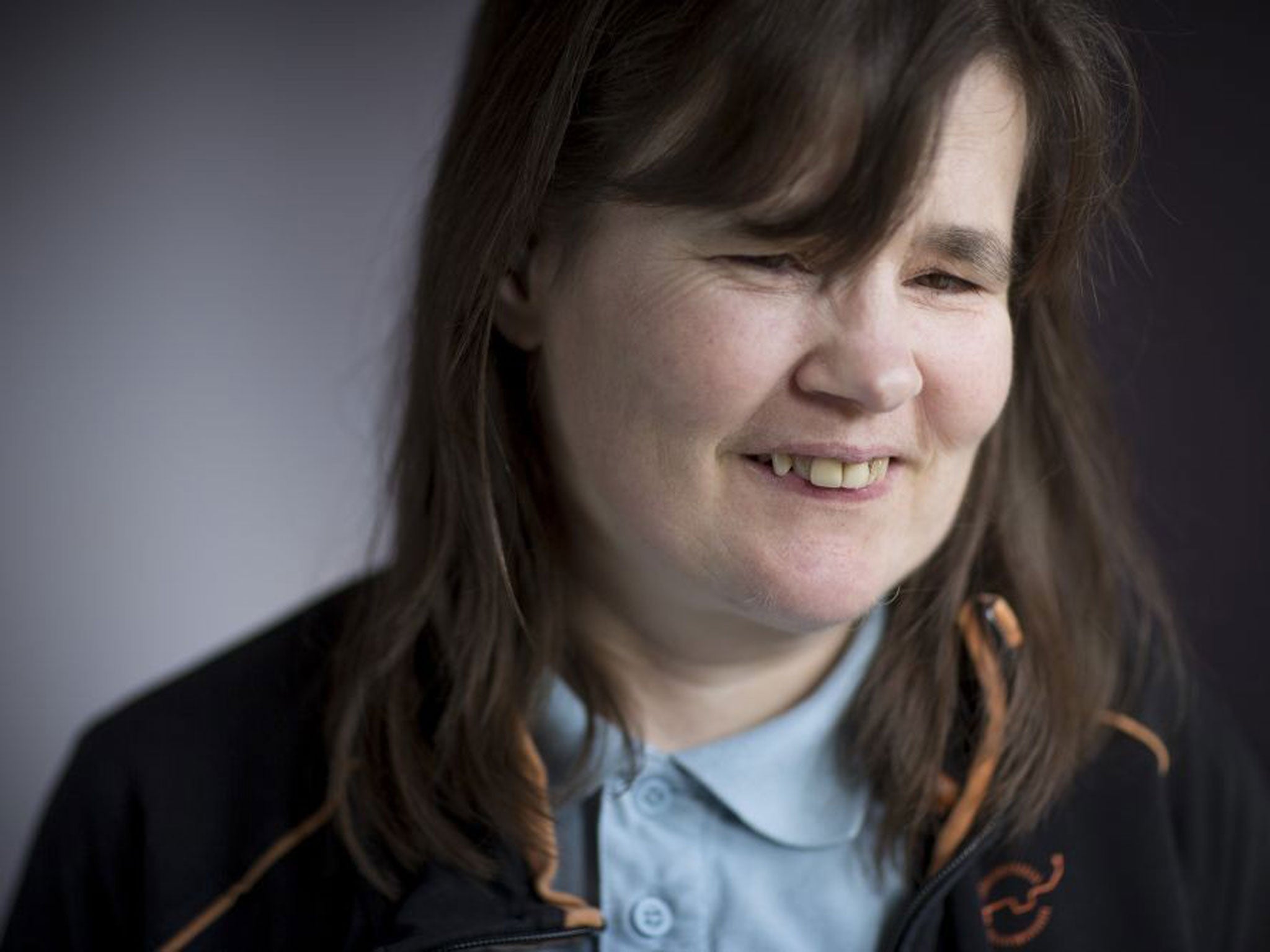John Bercow says politics 'must be more accessible' after research reveals only 10% of people with learning disabilities voted at last election
'We should do more to consider how people with a learning disability can be drawn in to the national conversation', says speaker

The Speaker of the House of Commons said it is “critical” that politics becomes more accessible, after new research found that only around ten per cent of people with learning disabilities voted in the last election.
Around 1.5 million people in the UK have a learning disability and around 350,000 people have severe learning disabilities. But John Bercow told The Independent on Sunday that “we should do more to consider how people with a learning disability can be drawn in to the national conversation.”
While 65 per cent of people polled were registered to vote in the last local election, around 90 per cent chose not to cast a ballot. Seven in ten said there was no “easy-read information” about Parliament, according to a survey by non-profit Dimensions, the second largest provider of social care to people with learning disabilities and autism in England and Wales.
In an attempt to “increase awareness and the number of people who vote,” the Houses of Parliament Outreach Service and the non-profit will team up for the first time next week to launch the Love Your Vote campaign. The workshop-driven campaign will use devices such as picture cards, training scripts and group role-play to help participants understand how Parliament works.
Typical sessions involve electing a Prime Minister from within the group and then choosing a Cabinet and Ministers, as well as talking to participants about what laws they would like to see in Britain. Around 1,000 people with learning disabilities will attend workshops this Autumn in cities up and down England Wales, from Liverpool to Dorset. If there is demand, workshops will also take place in Scotland.
“Engaging people with a learning disability in our political life is critical and we should do more to consider how people with a learning disability can be drawn in to the national conversation,” Bercow said. He added that the campaign could “make a real difference to achieving this goal and [to] encourage people with a learning disability to exercise their democratic rights.”
Steve Scown, chief executive for Dimensions, said one factor explaining the low levels of voting could be a lack of education. But he also pointed a finger at the “political system,” which has not “reached out to those that are disadvantaged, disabled, or on the fringes of society.”
He added: “People with learning disabilities are more worried now about their services than they have ever been. Their lives are affected by an awful lot of decisions made by politics, whether local or national, and they should have the right to be able to influence them and be listened to.”
This is not the first time that the complexity of the voting system has been called into question. There were accessibility barriers at almost 70 per cent of polling stations surveyed by disability charity Scope at the last General Election. Less than half of the stations had large ballot papers on display – down from 70 per cent in 2005.
Richard Hawkes, chief executive of the charity, said the new findings should “sound a warning that we cannot be complacent when it comes to voting and the accessibility of the electoral system.” He added: “Disabled people make up a significant proportion of the electorate. In a modern democracy like Britain, we should be doing everything we can to make sure disabled people are able to cast their vote.
Robert Rogers, clerk of the House of Commons, said “it’s clear that people with a learning disability are not as engaged in political life as we would like them to be.” He added that the campaign would offer an “excellent opportunity to reach out to this group, raise awareness about the work of Parliament, and to encourage people with a learning disability to get involved in the political process.”
'I’d like to vote for a Prime Minister so I could get the right help towards a better life'
Scott Sutton, 28, has moderate learning disabilities, and lives in shared accommodation in Coventry. He has had voluntary jobs in the past, but would like to find a temporary one. He receives disability living allowance and income support, but has never voted in an election.
“I’d like to vote, but I don’t know much about it. I know the Prime Minister runs things and can do things to help people like me get a better life. We should be classed as equals and I’d like someone to speak to us about the roles, so we understand more. It’s all on a piece of paper, but some people can’t read that. I’d like to vote for a Prime Minister so I could get the right help towards a better life, a job, and a place of my own.”
'Politicians don’t listen to people with disabilities'
Liz Reeder, 45, lives alone in north London and works as a quality auditor at Dimensions. She has a mild learning disability and epilepsy. She has never cast a ballot before and says she has never understood the voting process. “I’ve never known any details about voting; that’s why I’ve never decided to vote. I feel that [politicians] don’t listen to people with disabilities. For example, London transport doesn’t help people in wheelchairs or people who have walking sticks and have problems getting on the buses and on trains. [The workshops] should help people achieve their potential.”
Subscribe to Independent Premium to bookmark this article
Want to bookmark your favourite articles and stories to read or reference later? Start your Independent Premium subscription today.

Join our commenting forum
Join thought-provoking conversations, follow other Independent readers and see their replies